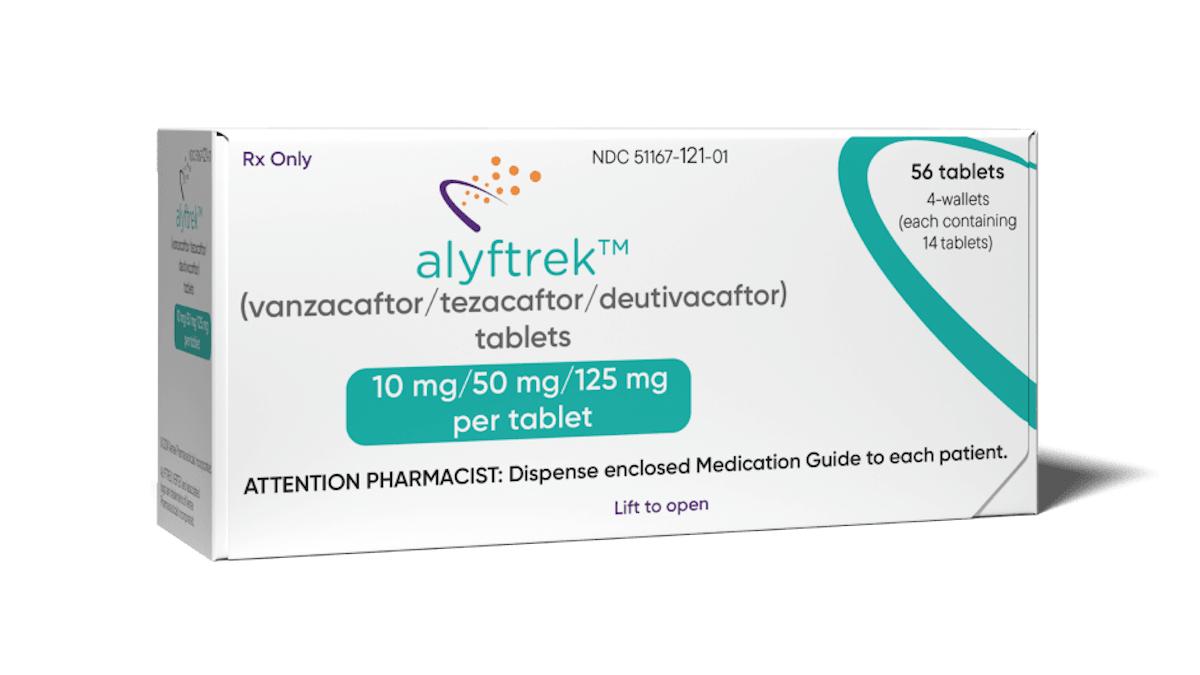First Wave faces choppy waters with cystic fibrosis drug

First Wave BioPharma can’t seem to catch a break in its efforts to bring a new drug to market for pancreatic insufficiency problems that affect most patients with cystic fibrosis.
After two studies of its adrulipase candidate generated mixed results as a treatment for exocrine pancreatic insufficiency (EPI) in CF patients, the company (formerly known as AzurRx BioPharma) reformulated the drug and tried again. Once again, however, the results have disappointed.
Topline results of the phase 2 SPAN trial of an enteric microgranule formulation of adrulipase showed that the drug was safe and well tolerated, but looks unlikely to meet its primary objective for efficacy, throwing the future of the programme into doubt.
Florida-based First Wave said that it will seek a meeting with the FDA to discuss the data generated with adrulipase to date and see what might be required for a phase 2 study that could support regulatory approval. Shares in the company fell sharply after the news emerged.
At the moment, EPI in CF patients is typically treated using pig-derived pancreatic enzyme replacement therapy (PERT) products like AbbVie’s Creon – which generated revenues of almost $1.3 billion last year – and Nestle Health Science’s Zenpep, which brought in around $370 million.
People with EPI don’t have enough pancreatic enzymes to break down foods and absorb nutrients, so taking PERT alongside meals can help improve their nutrition and alleviate symptoms like bloating, cramps, diarrhoea, and weight loss.
First Wave’s recombinant form of pancreatic lipase made in yeast cells is designed to offer a non-animal-derived alternative to the current porcine products. Along with being difficult to manufacture and potentially subject to shortages – for example, if stocks are affected by swine flu – porcine PERT can raise ethical concerns for some patients.
In addition, adrulipase could reduce the number of capsules that a patient has to take every day, which can be as high as 20-40 in some cases for porcine products because the lipases are less active at the acidity levels seen in humans.
The original formulation of adrulipase was found to be less effective than porcine PERT at increasing fat digestion in the gastrointestinal tract, while a second pointed to some benefit in combining the two therapies.
To try to solve the problem, First Wave turned to the use of capsules filled with acid-resistant granules – technology already deployed in Creon and Zenpep – to protect adrulipase in the stomach and enhance its release in the small intestine.
“We are in the process of analysing the [SPAN] dataset and anticipate having a topline review of the primary and secondary endpoints in the September timeframe,” said chief executive James Sapirstein.
First Wave’s only other clinical-stage drug candidate is niclosamide, a repurposed drug that it is developing for inflammatory bowel disease and is currently in a phase 2a trial in ulcerative proctitis (UP) and ulcerative proctosigmoiditis (UPS).
Image by Abel Escobar from Pixabay.













